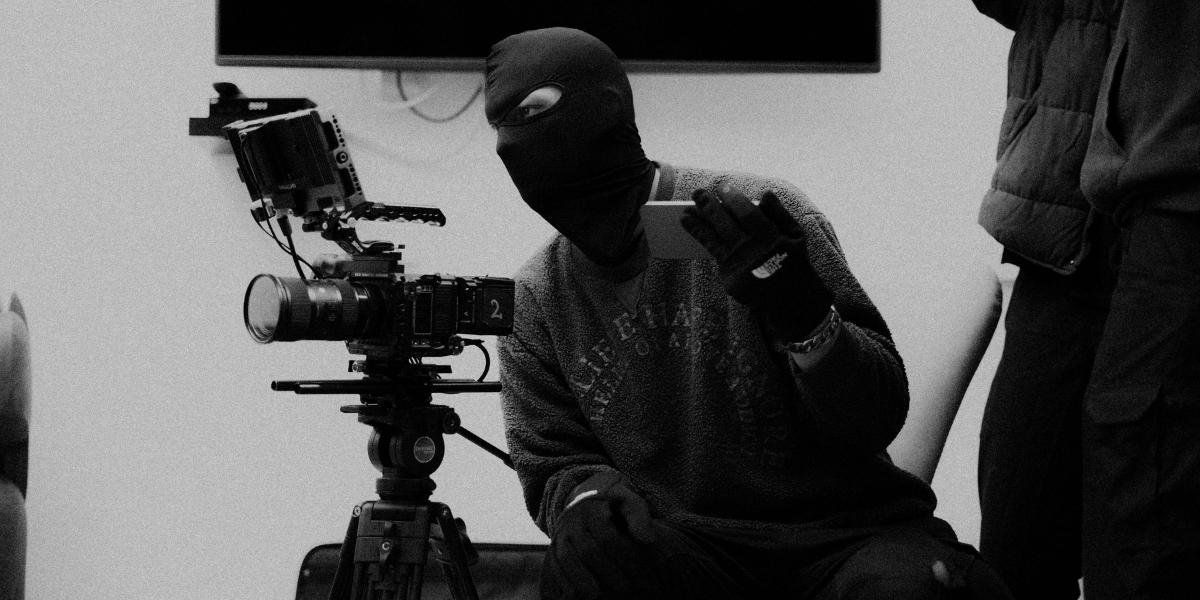In the fast-paced, competitive world of music, musicians often find themselves immersed in their craft, pushing boundaries and striving for success. But behind the melodies, lyrics, and performances, one key element contributes significantly to their well-being and success: friendships. Friendships for musicians are not just about socializing or having a support system—they play a crucial role in personal growth, mental health, creativity, and career advancement.
In this article, we’ll explore why friendships matter for musicians, examining the importance of emotional support, creative collaboration, mental health, and career longevity. Whether a musician is just starting or is a well-established figure, strong friendships can have a profound impact on their artistic journey.
Emotional Support and Stability
Being a musician often means enduring a unique set of pressures—whether it’s the stress of performing, the highs and lows of critical reception, or the constant hustle of the music industry. Navigating these challenges can be overwhelming, especially for those who are constantly in the public eye. Friendships offer emotional support that can act as a buffer against the stresses of the music world.
Dealing with Rejection
Rejection is an inevitable part of a musician’s life. Whether it’s a failed audition, negative feedback, or a missed opportunity, musicians often face setbacks that can be discouraging. Having friends who understand the struggles of the music industry can provide invaluable perspective. These friendships offer a safe space to vent frustrations, process rejection, and receive encouragement.
For example, a musician who has just been turned down for a big gig might seek support from a close friend who is also in the industry. This friend can offer empathy, share personal experiences, and help put the situation into perspective, reminding them that rejection is part of the journey.
Balancing the Emotional Roller Coaster
The life of a musician often involves emotional highs and lows—from the thrill of performing on stage to the isolation and exhaustion of touring. Strong friendships offer a grounding presence, helping musicians navigate these emotional fluctuations. Whether it’s celebrating a new album release or supporting a friend during difficult times, these bonds provide a sense of stability and reassurance.
Friendships can also serve as an emotional sounding board, allowing musicians to process their thoughts and emotions. By sharing their experiences with someone who understands, they are better equipped to manage the ups and downs of their careers.
Creative Collaboration and Inspiration
While being a solo artist is an appealing prospect for many musicians, collaboration is at the heart of much of the music industry. Whether it’s writing songs, recording albums, or performing live, collaborating with others can lead to fresh ideas, innovation, and creativity. Friendships often form the foundation for these collaborations.
Sharing Ideas and Pushing Boundaries
Friendships between musicians allow for a free exchange of ideas, pushing each other to think outside the box and experiment with new sounds. When musicians feel comfortable with their friends, they are more likely to take creative risks and step outside their comfort zones. A strong friendship offers the freedom to explore new genres, themes, and musical structures without fear of judgment.
Some of the most iconic collaborations in music history have been born out of close friendships. For example, John Lennon and Paul McCartney of The Beatles, Kurt Cobain and Krist Novoselic of Nirvana, or more recently, Pharrell Williams and Chad Hugo of The Neptunes—these artists shared not only a passion for music but a deep bond of friendship that fueled their creativity and success. Their mutual respect and understanding allowed them to collaborate in groundbreaking ways, shaping the sound of their respective eras.
The Value of Feedback and Honest Criticism
Friendships also provide musicians with a trusted source of feedback. Having a friend who is also a musician or part of the industry allows for candid discussions about new material, performances, and artistic direction. This kind of honest, constructive criticism is essential for personal growth and creative development.
Without the fear of alienating a colleague or jeopardizing a professional relationship, musicians can be more open to receiving feedback from their friends. This mutual trust strengthens the collaborative process, helping both musicians improve their craft and refine their work.
Mental Health and Well-Being
The music industry is notoriously demanding, with its long hours, constant travel, and pressure to succeed. For many musicians, the toll on their mental health can be significant. Depression, anxiety, loneliness, and burnout are common struggles that many musicians face. Friendships, however, provide a crucial support system to help manage these challenges.
Combating Isolation
Touring and traveling for performances often result in isolation, especially for musicians who work on the road for extended periods. Even though musicians might have a large fanbase, they can feel disconnected from their personal lives, friends, and family. This sense of isolation can lead to feelings of loneliness and even depression.
Strong friendships help combat this isolation. A musician who is away from home can lean on their friends for emotional support through phone calls, texts, and video chats. Friendships help to bridge the distance, offering connection and companionship even when physically apart.
Preventing Burnout
Burnout is another common issue in the music industry, with the constant demand for creativity, performances, and media engagements. Musicians are often expected to work relentlessly, leading to exhaustion and stress. Friendships can serve as a healthy outlet for unwinding and decompressing, providing much-needed breaks from the intensity of the music business.
Friends can encourage musicians to take time off, practice self-care, and prioritize their well-being. By maintaining healthy, supportive relationships, musicians are more likely to recognize the signs of burnout and take action to address them before they become more serious issues.
Networking and Career Advancement
In addition to the emotional, creative, and mental benefits, friendships in the music industry can also play a significant role in advancing a musician’s career. Networking is a crucial aspect of the music business, and often, it’s not just about who you know—it’s about who knows you and trusts you.
Building a Strong Professional Network
Friendships help musicians build a solid network of industry professionals, including producers, agents, promoters, and other musicians. These connections can lead to new opportunities, such as collaborations, performances, and gigs that might not be available through traditional channels. Having friends in the industry opens doors to opportunities that might otherwise be out of reach.
A musician with a strong network can gain introductions to key people in the industry, increasing their chances of landing significant deals or finding the right team to support their career. Friendships can be instrumental in advancing their career trajectory, as trust and mutual respect are crucial in the professional music world.
Opportunities for Collaboration and Exposure
Friendships in the music industry often lead to collaborative opportunities that can elevate a musician’s profile. When musicians collaborate with friends, they’re not only sharing their creative ideas but also tapping into each other’s fanbases. This exposure can result in increased visibility and a larger audience, furthering the musician’s career.
For example, a musician who collaborates with a friend in a well-established band may see their own fanbase grow as a result of the exposure. Collaborations lead to new possibilities, whether it’s producing new content, touring together, or combining resources for promotional campaigns.
The Longevity of Friendships and Careers
Music is an ever-evolving industry, with new trends, technologies, and challenges constantly emerging. However, friendships in music can last beyond any specific era or trend. Having long-term friendships can provide stability and consistency in a musician’s life, offering a steady source of support through the highs and lows of their career.
Lifelong Bonds
The bonds musicians form with their friends can often transcend professional relationships. Many musicians end up forming friendships that last a lifetime, with their friends becoming part of their personal lives as well as their professional ones. These lifelong friendships serve as a reminder of why they began their musical journey in the first place—because of the love and passion for music.
Such long-standing relationships are also key to maintaining balance in life, allowing musicians to stay grounded as they navigate the ups and downs of fame and success. The support of true friends helps ensure that the pressures of the industry do not take away from the joy of making music.
The Unseen Power of Friendships
For musicians, friendships are far more than just social connections. They are the foundation for emotional support, creativity, mental well-being, and career success. Whether it’s celebrating a new release, getting through the challenges of the industry, or collaborating on new music, friendships provide a safety net that allows musicians to thrive. In an industry that often prioritizes competition and self-promotion, genuine friendships offer the kind of connection and trust that make all the difference.
As musicians navigate their careers, having strong friendships ensures that they are not alone in their journey. It’s these connections—based on mutual respect, trust, and shared experiences—that allow musicians to truly flourish, both personally and professionally.















